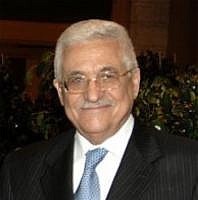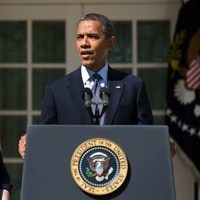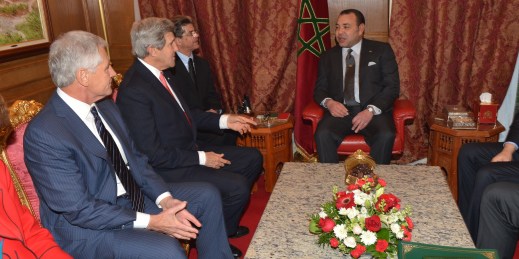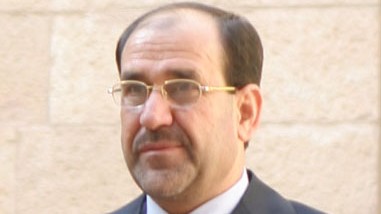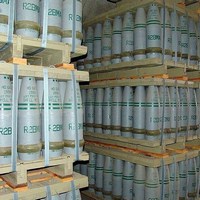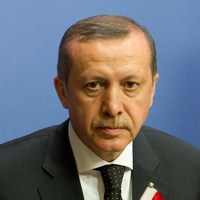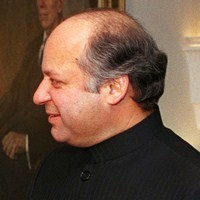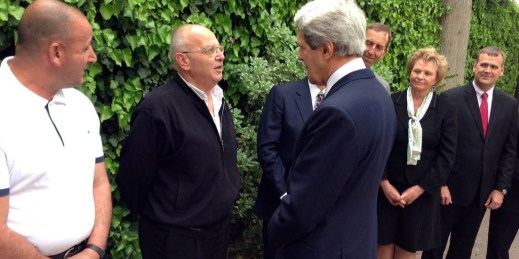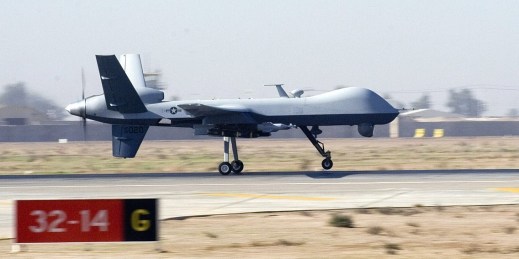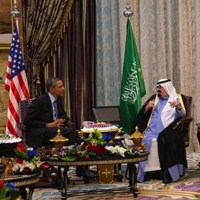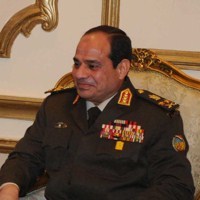
Egypt’s Tahrir Square uprising in January 2011 sent waves of anxiety coursing through the Israeli establishment. By mid-February, a close partner had been deposed in Cairo, and popular Egyptian sentiment demanded a tough, polemical line against Israel: no more gas deals, no security cooperation, no political collaboration. The strategic relationship reached its nadir that fall, when a crowd in September stormed the Israeli Embassy while the Egyptian military stood by. A phone call from Washington was required to resolve that crisis, prompting the Egyptians to intervene before any Israelis were injured. Fast-forward to today, and the Israel-Egypt strategic relationship appears […]


